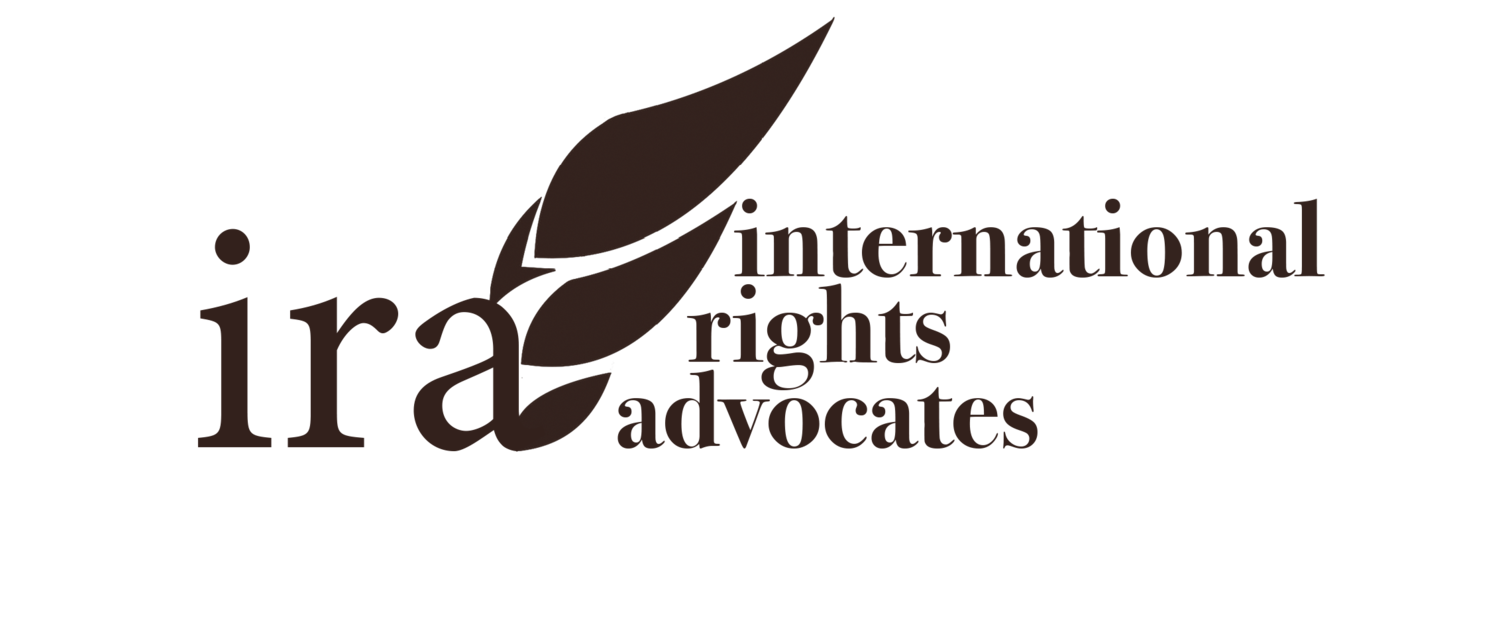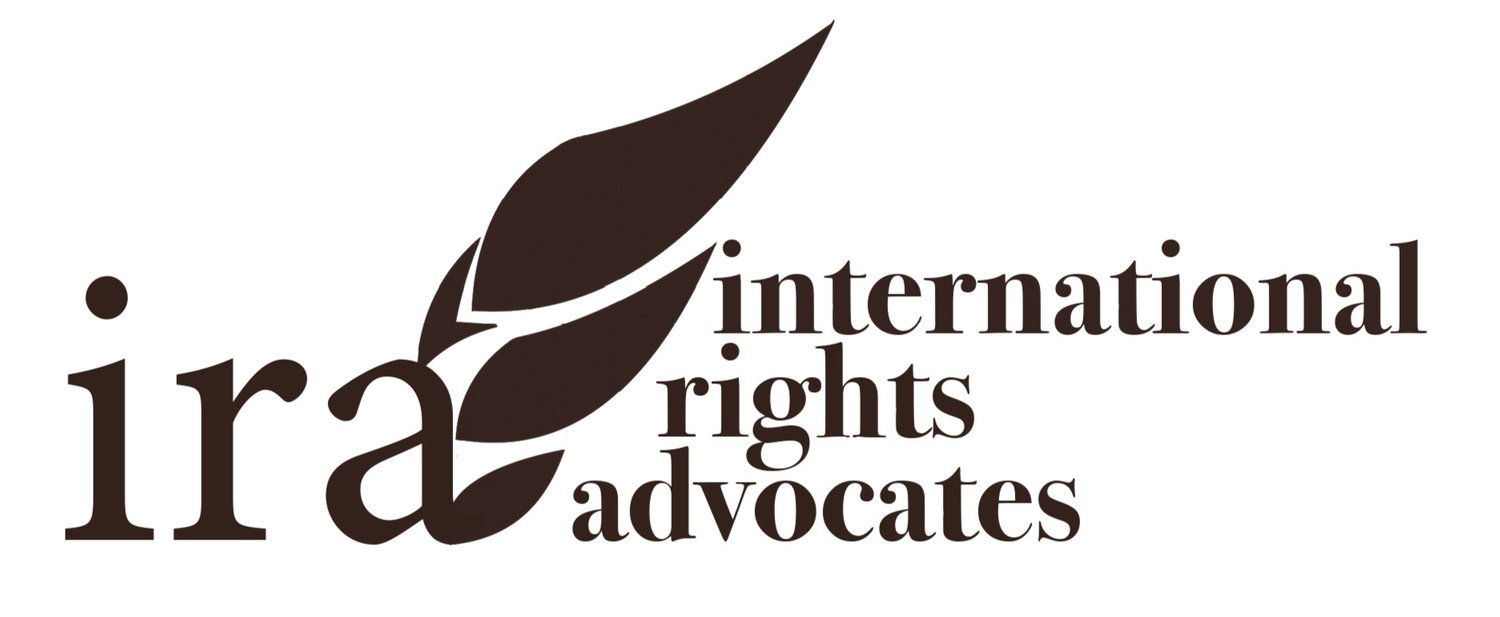KNOWLEDGE IS POWER.
People in the global economy are vulnerable to exploitation until they have the power to demand corporate accountability.
We offer trainings to people and organizations around the world on what we’ve learned over the last three decades about successful strategies and barriers to human rights litigation.
Human Rights Enforcement in U.S. Courts
A detailed review of U.S. laws that can be used to seek enforcement of human rights norms, including the Trafficking Victims Protection Reauthorization Act, 18 U.S.C. § 1595 et. seq., the Alien Tort Statute, 28 U.S.C. § 1350, the Tariff Act of 1930, 19 U.S.C. § 1307, and various state tort and consumer protection laws.
Barriers to Litigating Human Rights Cases
A discussion of the practical barriers to bringing a case in a court to address a serious human rights violation, including fear of retaliation, security issues, language and cultural barriers, high costs, and confronting powerful interests on their home turf.
Collecting Evidence that Would be Admissible Under U.S. Evidence Rules
Working with field researchers requires that they be familiar with the basic rules of evidence so that documents gathered and evidence taken can be used in U.S. Courts.
Law Reforms that Would Improve Access to Courts for Victims of Human Rights Crimes
Most legal systems in the world are not receptive to human rights claims or create unnecessary barriers to achieving justice for victims of human rights abuses. This session focusses on legal law reforms that would vastly improve access to justice for human rights victims.

